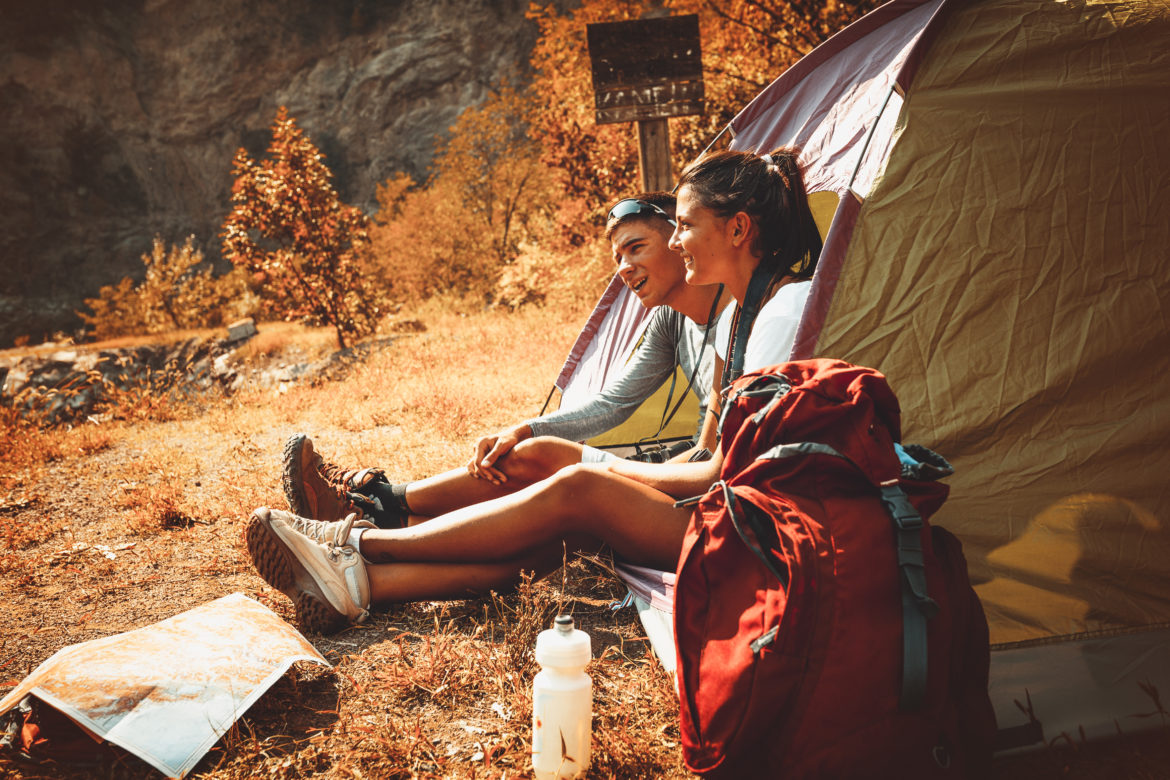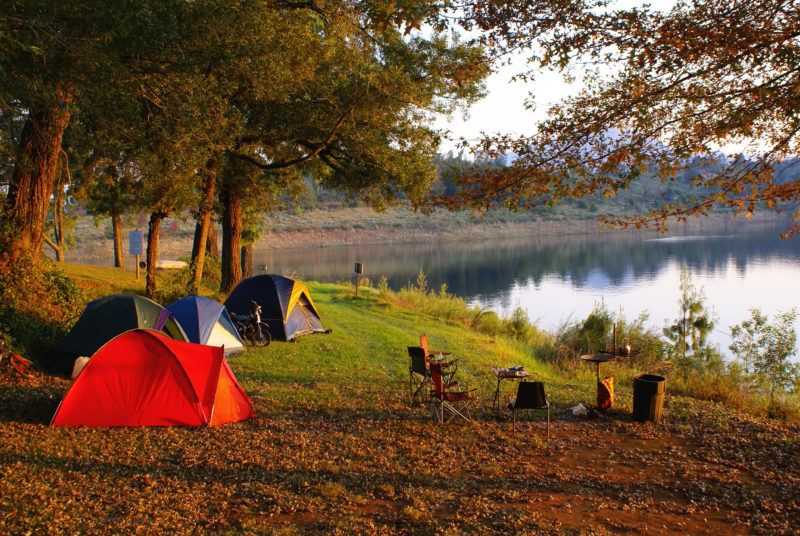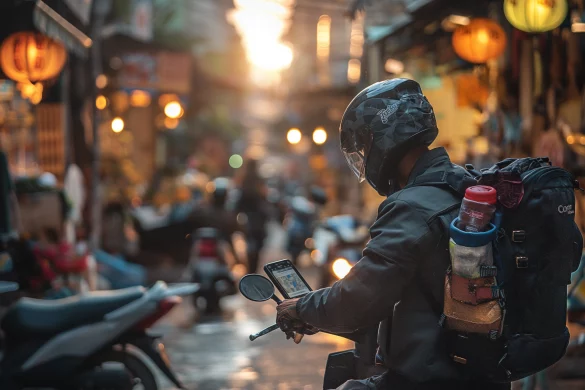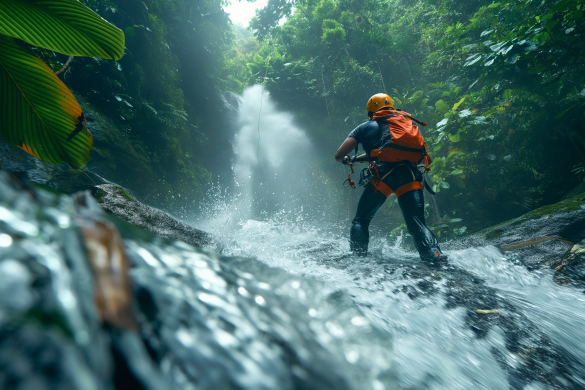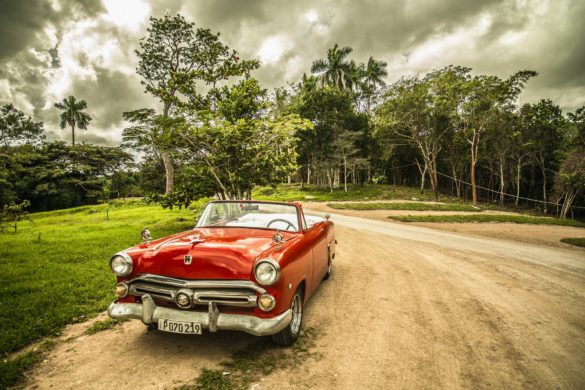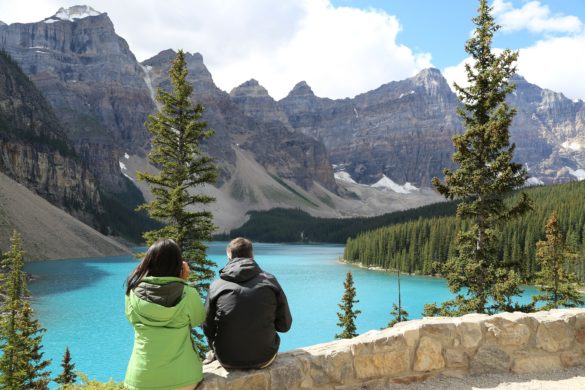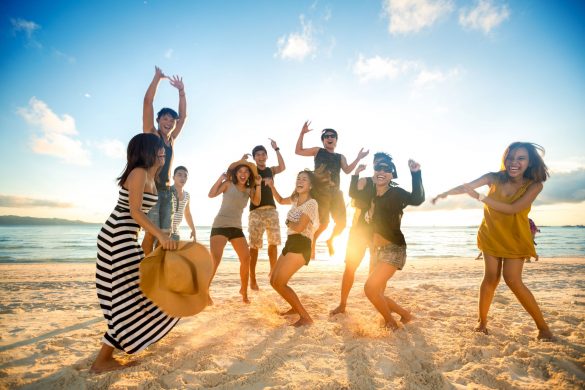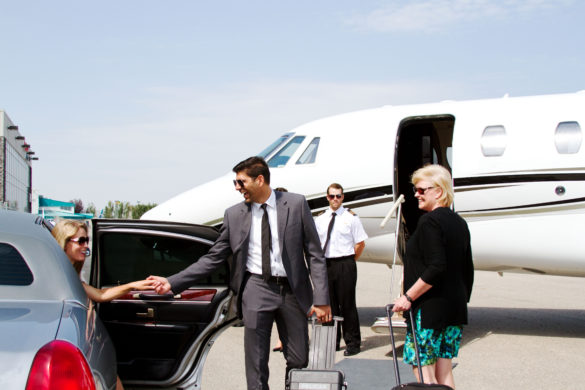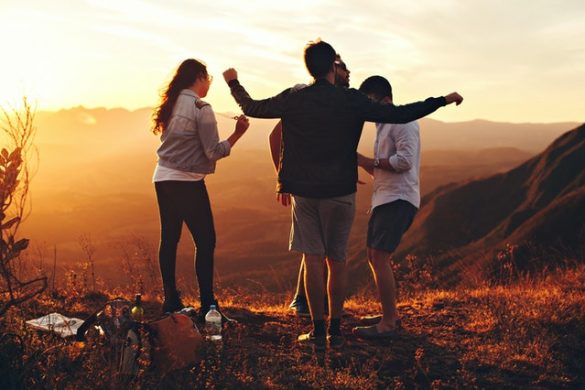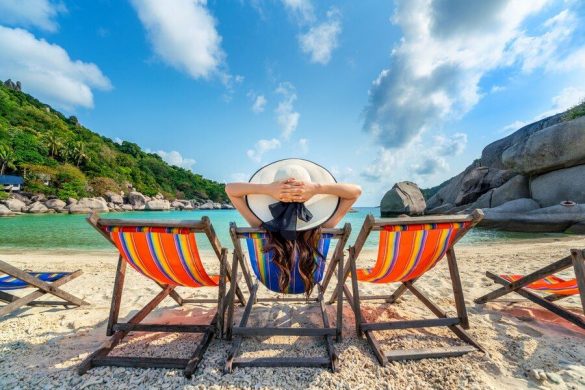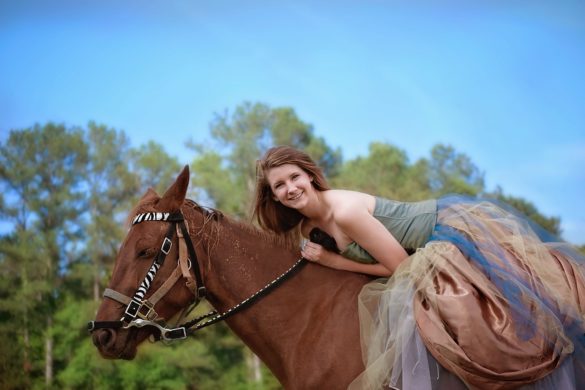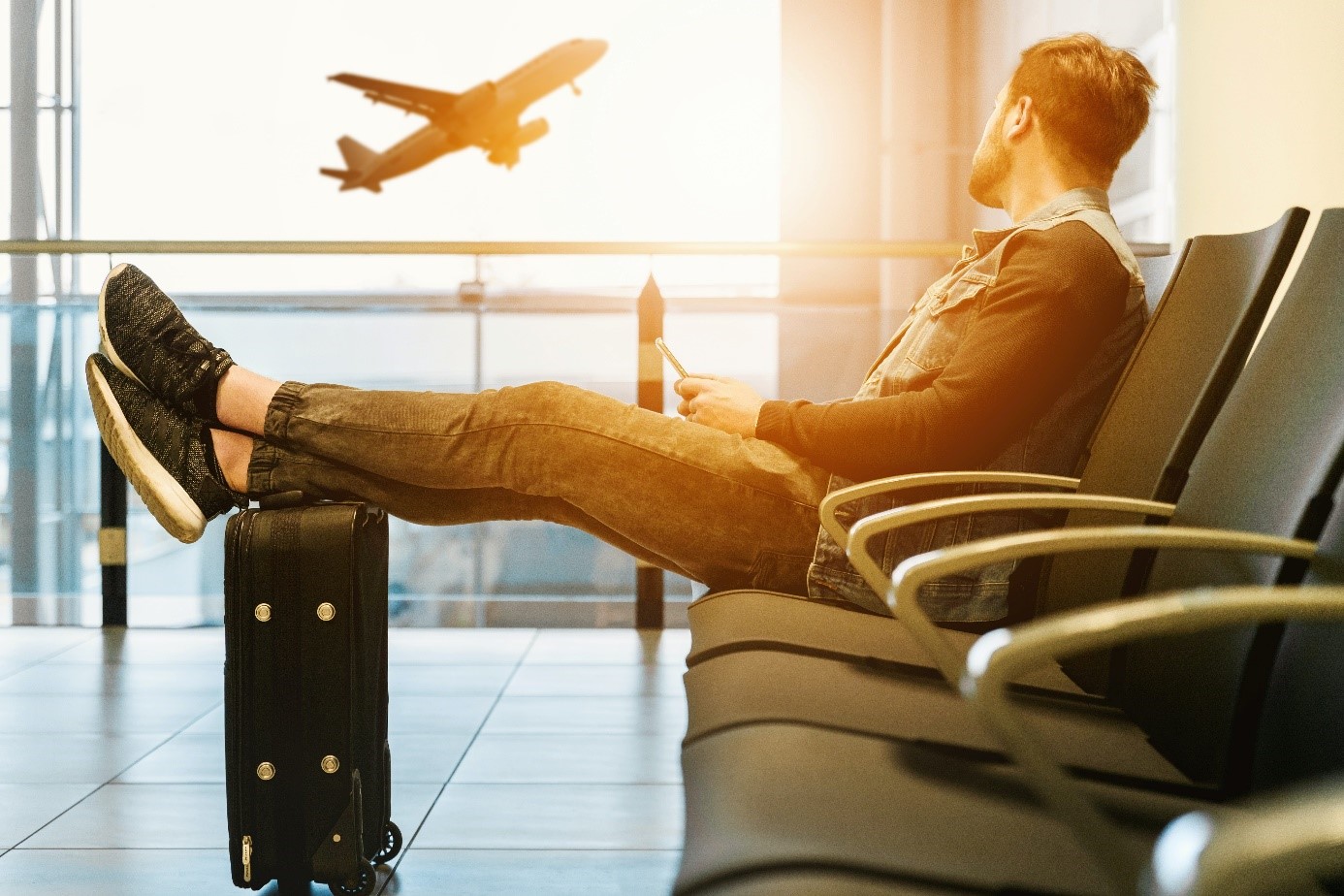Camping is a great way to get a reprieve from the hustle and bustle of modern day-to-day life, but it may also add to your stress if things go wrong. Preparation is key to preventing mishaps and can save you a lot of time and worry, so that you can sit back and relax on your trip outdoors. From supplies to potential activities, let’s go over a few basic tips for your first-time camping in the wilds.
What Tent to Use
If you are camping with multiple people and intend to sleep in the same tent, it’s a good idea to buy a tent bigger than you expect to need. All too often, people buy a tent supposedly fit for the number of people they are with and end up having to sleep and live on top of each other, which is a great way to never want to camp again.
Besides space issues, there are more severe concerns about environment proofing. Sometimes the weather can take a turn for the worse in the blink of an eye, from gale force winds to torrential rain, so make sure your tent is fit for the weather or that you have a cover for it in case of emergencies. This doesn’t mean you have to fork out for an expensive tent though. In fact, we’d recommend doing the exact opposite until you know you enjoy camping, just make sure you pick one that fits your climate. Alternatively, if you have friends or neighbors that camp, you should consider borrowing a tent from them to save you a lot of money and worry.
Learn more: How to Stay Warm in a Tent
Sleeping-bag and Supplies
Many people underestimate how cold it can get when the sun goes down, even in the middle of summer, and especially when there is an open night sky. Of course, this depends on where you live, and you will know better than we do whether you need a light or cozy sleeping bag. If you are going to spend a lot of money on something, let it be the sleeping bag. A good quality sleeping bag can dictate how good your camping experience on its own, and sleep is important for a fun trip.
In terms of tertiary supplies, it may be a good idea to bring numerous things, depending on the length of your trip and the facilities your campsite has. A First Aid kit is a safe bet in case of serious disaster whilst out and about because you never know what will happen. A pocket knife, some extra batteries, duct tape, a solar charger, and some other things are all useful items to bring with you on your trip. Cooking equipment and longlasting food are a must-have unless you plan to eat at a local café or truly live on the wild side and live off the land which, I might add, needs to be permissible at your camping location.
Test Your Equipment
Now that you have gotten a tent and a sleeping bag, it’s probably a good idea to try to set it up in your garden to see if anything is wrong. While you may think that the tent you spent lots of money on should work with no issues, it often doesn’t work that way and some parts may be missing or damaged. If you can set it up no problem, then you might as well put your sleeping bag in it and try
using it for the night. If you wake and are sweating or shivering, then you know something is wrong and what to do about it, and you can simply go inside and rest in your bed until morning. Besides the tent and sleeping bag, it’s also reasonable to assume that testing your cooking equipment and other supplies is worthwhile to prevent issues.
Picking Your Campsite
Picking the campsite where you are staying at can be a fairly simple matter and it largely depends on what you want from the trip. To begin with, it’s probably smarter to camp at a site nearer to home, just in-case you realize halfway through camping, that you weren’t destined to be a happy camper. If you are certain of your creed to camping, then picking your campsite now comes down to two things: do you want to camp in the true wilderness, or do you want to a more casual experience out in the countryside with some facilities such as showers and toilets?
Camping in the wilderness means you will have to sacrifice facilities and rely on your self and environment more, which in turn means you should prepare more so that no disasters happen. On the other hand, you will have fewer neighbors and more freedom to relax the way you want to when compared to camping at popular campsites. When camping at known campsites, you can expect to have showers and toilets, but you can also expect more crowding and rules. Please follow the rules at your site and respect your neighbors.
Now for the most important tip: Enjoy yourself and expect the unexpected! It’s all in good fun when camping, so try to get away from the digital world and relax.


